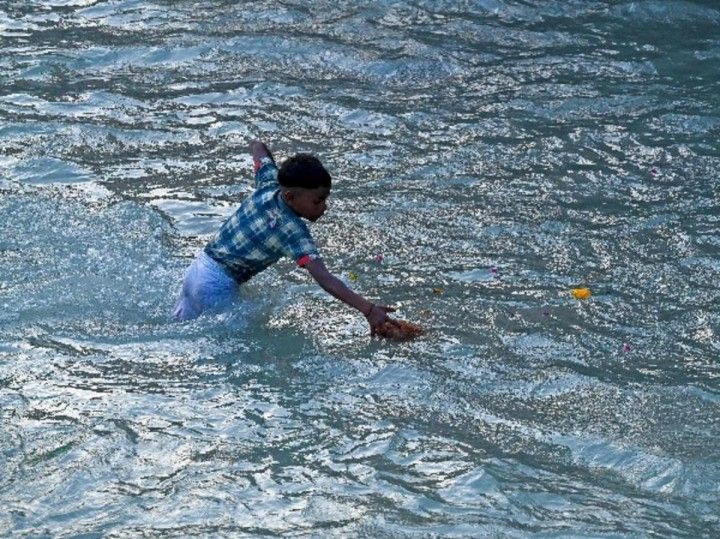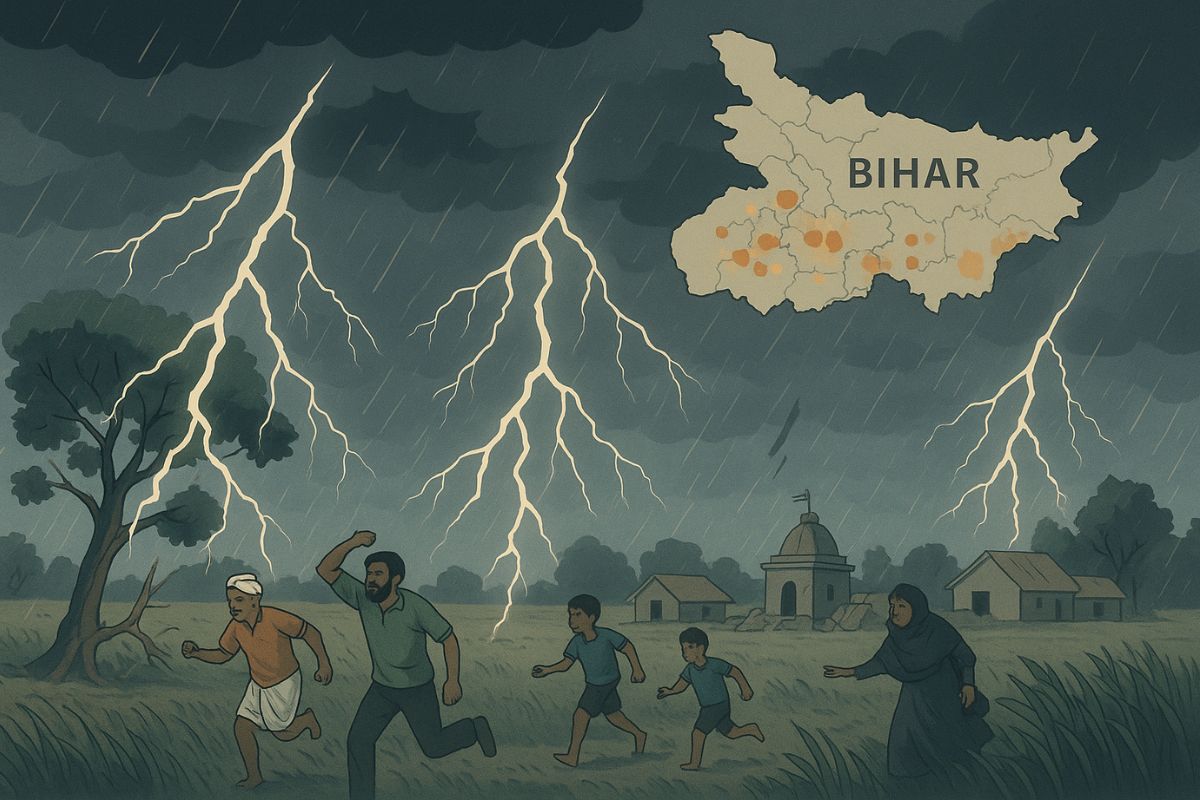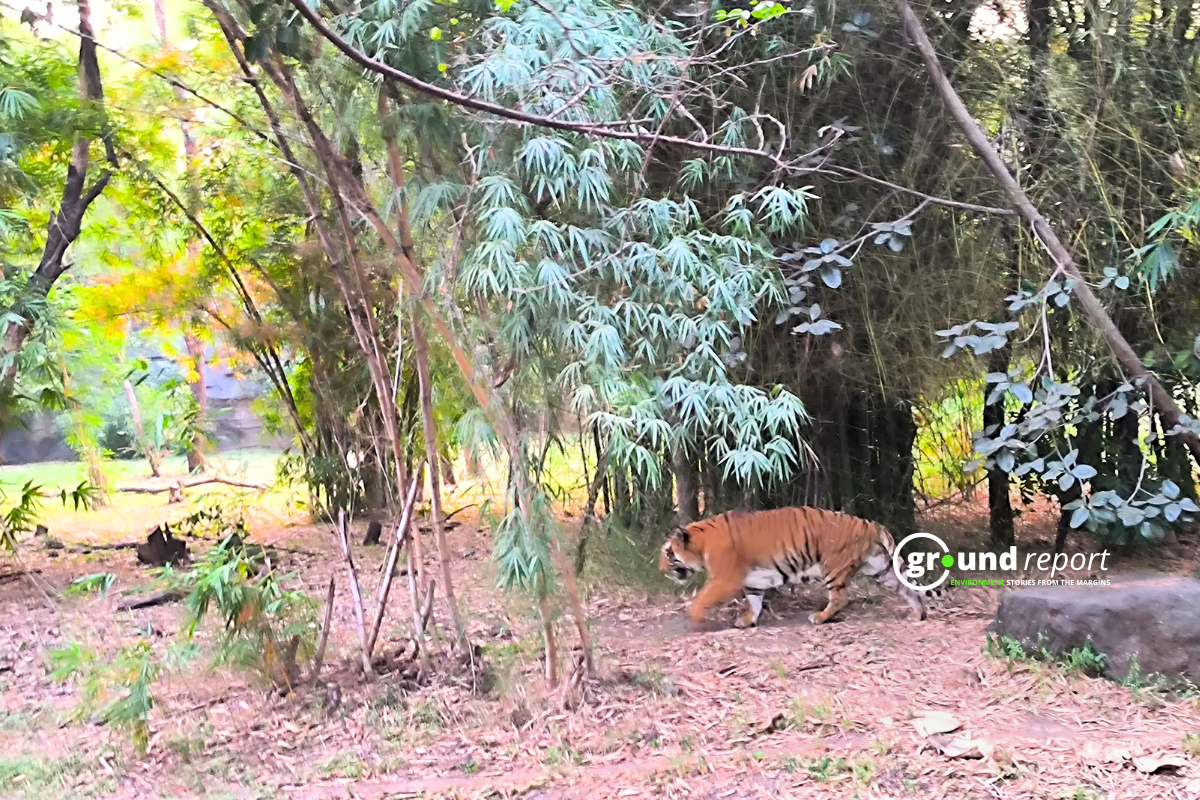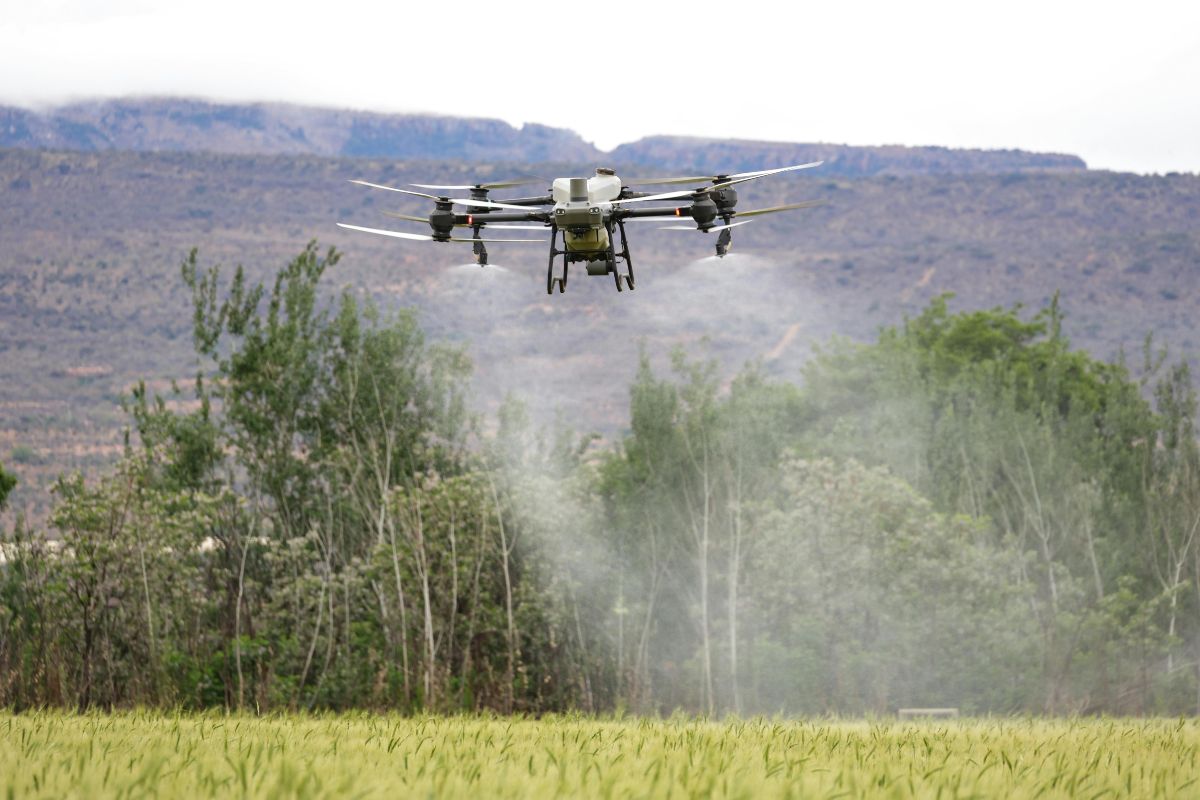Many Indian Coin hunters are looking for coins to survive in the sacred Ganges, one of the largest rivers in India. When a stream of Hindu worshipers dips themselves into India’s sacred Ganges river for a ritual believed to purify their souls, a boy plunges into the water to find his fortune.
Rahul Singh fled his home near the state of Uttar Pradesh two years ago and worked odd jobs before moving to Haridwar, where a friend taught him swimming and coin picking skills.
Rahul Singh is one of dozens of coin pickers who make a living picking up offerings thrown into the waterway by pilgrims visiting the holy city of Haridwar in the north.
Every day for six hours, the 13-year-old swims in chest-deep water with a magnet attached to a long stick. Last year’s national coronavirus lockdown saw Haridwar visitors dwindle for several months, leaving Yadav struggling to survive on meager savings.
But like the pilgrims, King Yadav has steadfast faith in the river goddess, and travelers returned this year, unaffected by the recent spike in cases. “We have always believed that Ganga is our mother and she will never let her children sleep hungry,” Raja Yadav told AFP.
The river plays a central role in Hindu religious rituals, with worshipers throwing offerings of money, clothing and jewelery into the water to show gratitude for survival.
This year’s Kumbh Mela bathing festival takes place in Haridwar, where more than three million people take part in the ritual during one day in March. Underwater treasure hunters use their feet to search for precious metals in riverbeds, or dive and search with the naked eye.
A day’s transport of coins adds up to 300-400 rupees for each boy, although that jumps to 1,000 rupees during Kumbh Mela, Raja Yadav said. Traders pocket a 20 percent commission in exchange for paper money, while black market buyers take jewelry at half the retail price, and copper and steel equipment is sold as second-hand.
The boy takes coconuts and religious paraphernalia to resell them if there are not enough coins. Coin collectors like Yadav work year-round, challenging the faster and deeper waters of the heavier rainfall during the monsoons.









